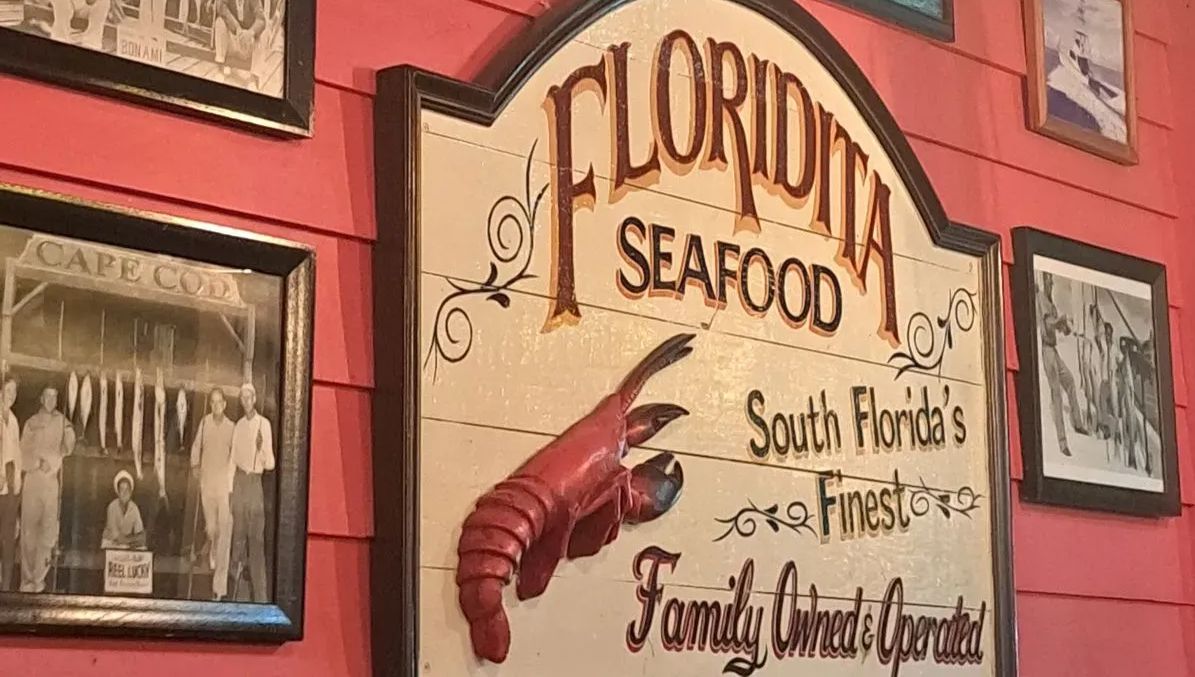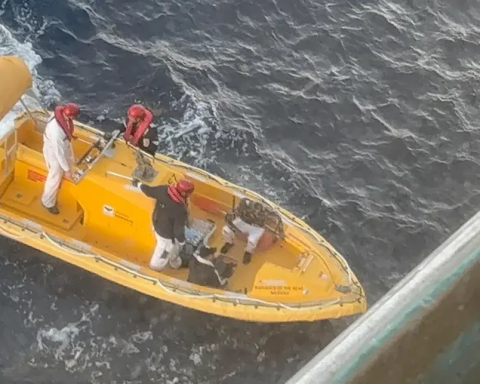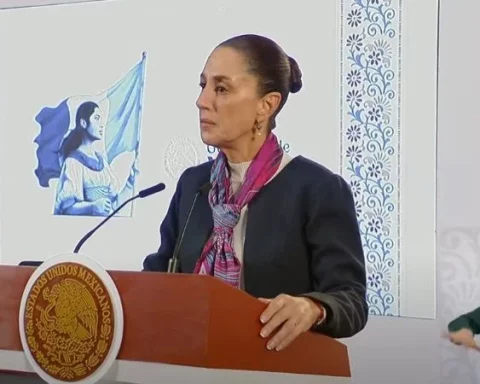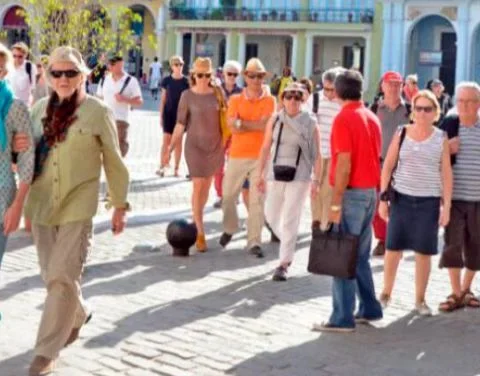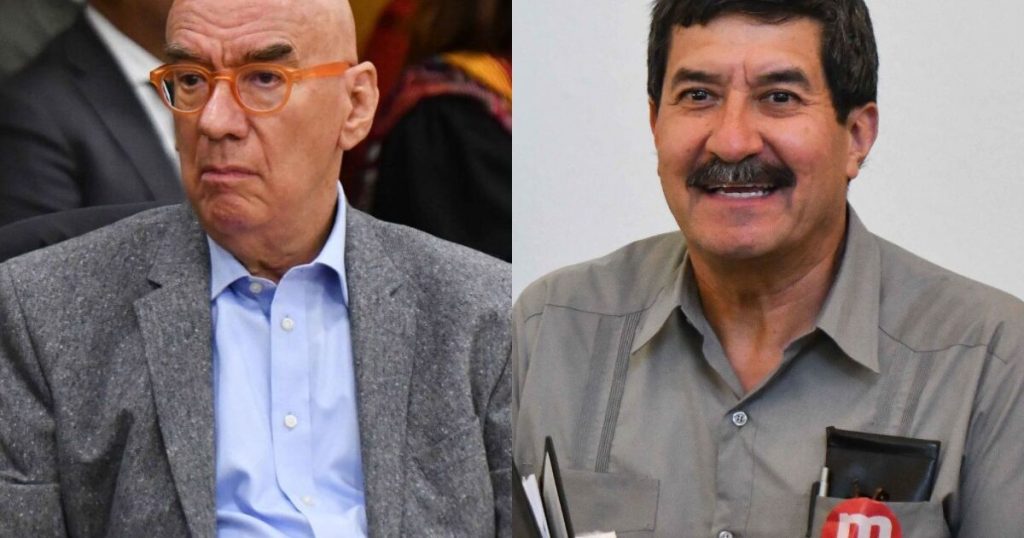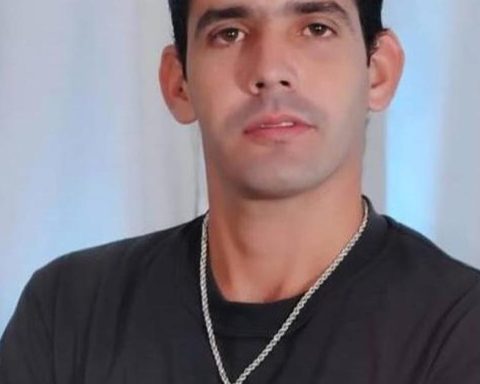MIAMI, United States. – Every weekend we eat at El Floridita, a restaurant where Miguel, the host, welcomes us like family and even shows us the immaculate kitchen where the owners – a friendly Cuban couple – have installed a Spanish machine that makes the best croquettes in the city.
Raúl always takes care of our service and while we order and wait for the food, we talk about the picturesque political news, both local and national, and we share anecdotes, generally humorous, of the farce that we had to survive on the Island before leaving it behind forever.
The attention and elegance of all the employees of El Floridita, mostly Cubans, is a clear demonstration of the urgent reconstruction that will take place when the Island achieves its longed-for independence.
The restaurant is like a sort of laboratory for the real viability of Cuba’s future (when the hostility of misery that alienates my compatriots is eliminated).
The experience, the pleasure of serving, the excellence, the wise choice of products to prepare healthy and delicious food are just some of the circumstances that make El Floridita an exceptional place.
Miguel tells us that vendors come with their specific offers for restaurants, as is the case in the free and open market in perpetual competition, and sometimes they do not pass the quality test required by the place. They are very jealous of the dishes they prepare for their loyal clientele.
In the meantime, Raúl tells us a tragicomic memory from his childhood when on one occasion he was lucky enough to eat with his grandmother at Las Ruinas, a famous restaurant in the Lenin Park on the outskirts of Havana.
She tells us that she still has a vivid image of her grandmother with a tin of biscuits half hidden in her lap, where she would deposit the butter that was “their” during the meal to take home. She says that, by accident, the container fell and began to roll with the characteristic metallic sound down one of the restaurant’s corridors while everyone looked on in shame and fear because the event revealed one of the many absurd gastronomic prohibitions of the regime.
It sounds like a Buster Keaton gag, but it was part of the same dysfunctional reality that the film then accurately reproduces. Alice in Wonderlandwhere diners try to deal with their spaghetti by using cutlery chained to the tables, so that it is not stolen.
Being able to narrate a moment of the national nonsense from a distance, from the quiet restaurant of Miamilaughing at the Kafkaesque imprint of Castroism is an exorcism that is appreciated.
At El Floridita we have celebrated glorious birthdays of relatives who are no longer with us and who enjoyed the last years of their lives with the comfort and satisfaction that eluded them during the Castro regime’s rage. There we have venerated the academic successes of children born and raised in freedom and other family achievements.
It is also the place where I meet, from time to time, one of the heroes of the Brigade 2506Jorge Gutiérrez, called “The Sheriff” by his fellow countrymen. I have known this gentle man who has lunch with his daughter and likes to chat since he starred in one of the documentaries made by the Cuban Institute of Historical Memory against Totalitarianism, where he shows the bullet wound in the chest that almost took his life at the age of 23, when he abandoned his law studies at the University of Havana to fight communism in his country, as part of the infiltration team that preceded the Bay of Pigs invasion.
When they arrested him while he was dying (they had no intention of curing him, but a dignified military doctor appeared) they sentenced him to death. Later, they commuted his sentence to 30 years in the most grim conditions of a political prison and he was finally released after serving 18 years in those dungeons.
The Sheriff gives me a pen that I treasure and on which you can read “Assault Brigade 2506, Infiltration Team, 1961.”
There is no resentment in his gaze. He knows that the freedom pending on the beloved Island of his dreams has eventually been transferred to the happiness that a peaceful place like El Floridita offers him, where he seems to feel satisfied with the ostensible success of his compatriots, for whom he once fought with weapons in hand.
